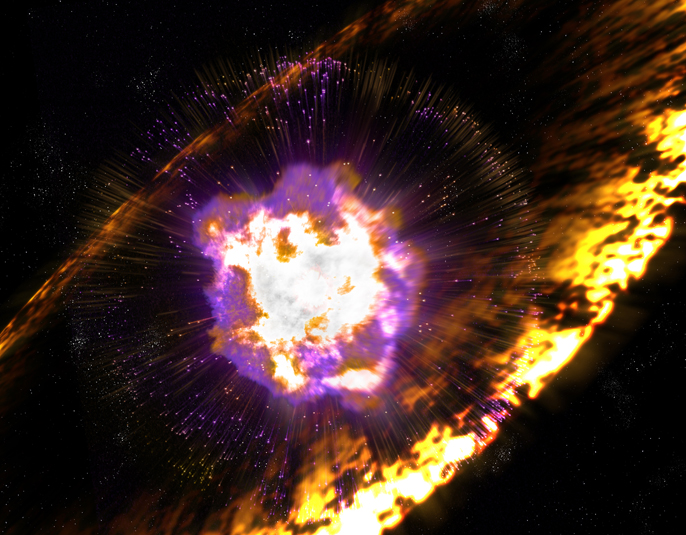The word inauguration reaches back to the Roman Republic. There the prophecies of augurs—state oracles—guided decisions of great consequence. In our modern-day republic, the word has come to mean nothing more than the swearing in of another president. But this inauguration takes us closer to the word’s archaic roots: like the ancient Romans who watched birds in flight, straining to detect a signal from the gods, millions of Americans are waiting for the future to reveal its shape. What should we expect?
This world is burning, the Buddha declared in the Adittapariyaya Sutta: “Bhikkhus, all is burning. . . . Burning with the fire of lust, with the fire of hate, with the fire of delusion.”
The Buddha himself had seen the “fire” up close. Near the end of his long career, the Shakya Republic, his native land, fell to the army of a neighboring state, whose leader then deliberately set out to exterminate the losers. Nine centuries later, in 403 CE, when the Chinese pilgrim-monk Faxian arrived at the Shakyas’ capital, he found only “desolation,” splendid neighborhoods reduced to dusty mounds, wolves and lions prowling alleyways.
The Buddha’s kinsmen were the victims of a genocide, yet he persisted in the work he’d taken on since the time of his enlightenment, instructing anyone who asked for his help. His message remained the same as well: “Hatred is never appeased by hatred in this world. By non-hatred alone is hatred appeased. This is a law eternal.”
What the Buddha didn’t say, however, might be as important as what he did. He never predicted the coming of a day when hatred would disappear from human affairs. Instead, he assumed the very opposite.
By contrast, we Americans have long believed existence is perfectible—a straight line from savagery to utopia. That’s one reason this election came as such a shock to so many of us. When the Flower Ornament Sutra describes greed, anger, and delusion as “beginningless,” it also implies these will never end. Surely this is true.
Arriving in China in 838, the Japanese monk Ennin expected to begin practicing with the leading teachers. Instead, he found a country in advanced decay, unable to recover from a civil war that had killed, according to some estimates, two out of every three people. And now, the sangha was under siege, thousands of monks and nuns defrocked, buildings aflame, statues melted down or deliberately defaced.
The instigator of all this was Emperor Wuzong, a fearful, power-hungry narcissist whose attacks on foreigners and their ideas helped to end China’s brightest period. Urged on by the Confucian elite and Daoist fanatics, Wuzong ransacked temple treasuries to pay for costly wars at China’s borders.
And yet, if we flash forward just half a century, everything looks different. The greatest masters of the Tang dynasty—Zhaozhou, Dongshan, Yangshan, Linji—lived through the terror and began to recreate the dharma in ways the world had never seen. One of Zen’s most vibrant periods followed heartbreaking destruction.
How was this achievement possible? Why didn’t these great masters fall into despair?
A clue can be found in the anthology of koans or Zen stories known as the Blue Cliff Record. Case 29 relates this exchange between Daizui and a monk:
[The] monk asked Daizui, “When the great kalpa fire arrives and the whole universe will be destroyed, will THIS also be destroyed or not?” Daizui said, “Destroyed!”
Zen teaching holds that when the kalpa fire comes to incinerate the universe at the end of the present world age, absolutely everything will be destroyed. Naturally, we’d like to think that something will persist, but no—the teaching is that everything must go.
There’s a caveat, however: everything comes back again in a different form. Nothing stays the same, but THIS returns, indestructibly. And THIS is where we have to plant our feet, no matter how close the fire draws. When we ask, “What should we do now?” the answer is always, “Start again.”
Thank you for subscribing to Tricycle! As a nonprofit, we depend on readers like you to keep Buddhist teachings and practices widely available.
